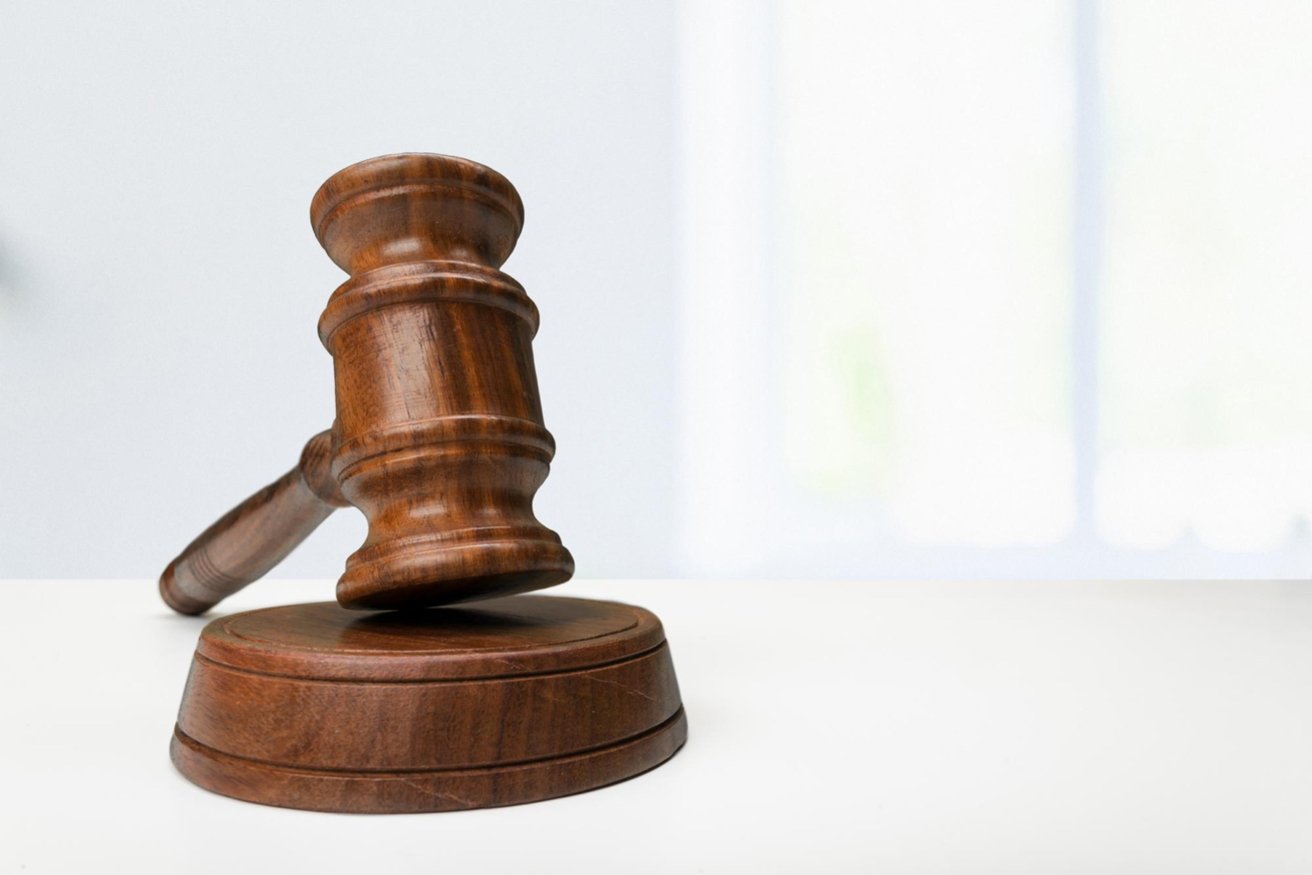The US Department of Justice continues to ramp up its antitrust investigation against Apple as it seeks to determine if App Store rules are disadvantageous to competitors.
In 2020, the DOJ state attorneys general launched an antitrust investigation into Apple's App Store after developers raised concerns over anticompetitive behavior.
Now, according to The Wall Street Journal, the justice department is drafting a potential antitrust complaint against Apple.
The department is looking to involve its top antitrust official, Jonathan Kanter. Initially, they'd planned on keeping Kanter on the sideline as he'd previously represented clients who had accused Apple of anticompetitive behavior.
In August, the Department of Justice was reportedly constructing an antitrust lawsuit against Apple. The suit was primarily focused on complaints from Tile, a direct competitor of Apple's AirTag.
This is far from the only antitrust battle Apple is fighting. For example, the European Union's Digital Markets Act and Digital Services Act is a proposal intended to place additional restrictions and mandate new frameworks for digital service "gatekeepers."
In July, Russia's federal antimonopoly service (FAS) intended to fine Apple for allegedly violating the country's antitrust laws, claiming the App Store is being used to control the iOS app marketplace.
Individual companies, such as Match Group, owner of the popular dating app Tinder, have also filed antitrust cases against Apple. Match Group's case protested the "excessive" 30% fee for publishing in the App Store.
 Amber Neely
Amber Neely








 Malcolm Owen
Malcolm Owen
 Charles Martin
Charles Martin



 William Gallagher
William Gallagher
 Christine McKee
Christine McKee
 Marko Zivkovic
Marko Zivkovic









24 Comments
This keeps coming up, so I'll post this thought again.
The point of consumer choice occurs at the selection of device and OS platform. Many people choose Apple and iOS because of the closed App Store system. It provides much greater security and consistency for consumers than the other options. Forcing Apple to be more like Android by allowing side-loading and alternate App Stores will reduce consumer choice by eliminating an option that currently exists when purchasing a smartphone. Many app developers -including those who are currently available through the App Store- would choose the easier path of avoiding the privacy and security requirements of the Apple App Store and will only make their wares available via less stringent app stores or via direct side-loading. These developers want to be on iPhone and they're jumping through the hoops now, but if they don't have to, they won't when they're given the option not to. This will reduce consumer choice, not increase it.
Apple doesn’t make the most phones so how can it be anticompetitive when there’s other choices?
DOJ: What!... there's something that's not broken? Let's fix it